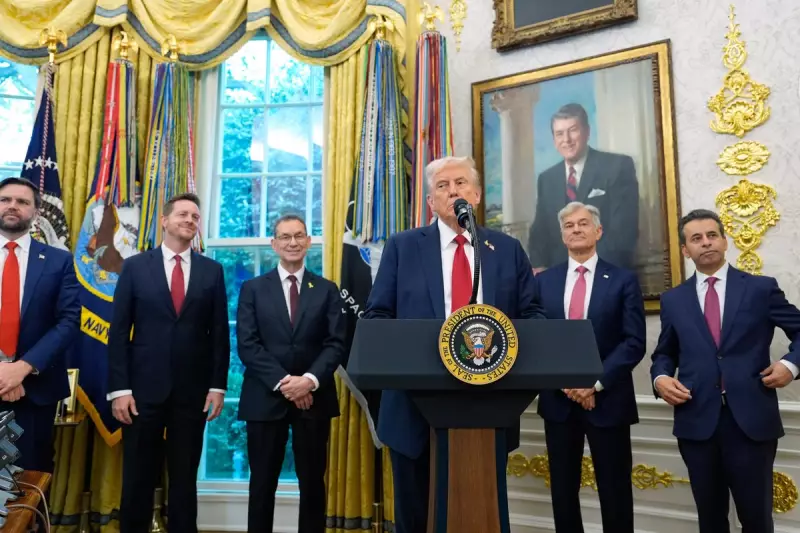
Explosive court documents have revealed that pharmaceutical behemoth Pfizer was actively pursuing a massive $105 million lawsuit against the US government's Medicaid programme while simultaneously seeking emergency approval for its groundbreaking COVID-19 vaccine.
The legal battle, which targeted the Trump administration's healthcare programme for low-income Americans, unfolded during the critical months when Pfizer was negotiating with federal officials about vaccine distribution and emergency use authorisation.
The Legal Gambit
According to recently unsealed court filings, Pfizer launched the lawsuit to challenge what it claimed were "underpayments" for several of its prescription drugs within the Medicaid programme. The company argued that federal officials had miscalculated reimbursement rates, leading to significant financial losses.
The timing of this legal offensive raises crucial questions about the intersection of corporate interests and public health priorities during a global pandemic. While Pfizer was positioning itself as a key partner in the fight against COVID-19, its legal team was aggressively pursuing millions from a healthcare safety net programme.
Political Fallout and Industry Scrutiny
The revelation comes amid growing scrutiny of pharmaceutical industry practices and their relationship with government healthcare programmes. Medicaid, which provides coverage for millions of vulnerable Americans, has frequently been a target for cost-cutting measures and reimbursement disputes.
Industry analysts suggest that such lawsuits, while legally permissible, highlight the complex ethical landscape where pharmaceutical companies balance profit motives with their role in public health emergencies.
Pfizer's simultaneous positioning as both a pandemic saviour and aggressive litigant against government health programmes underscores the challenging dynamics that characterised the COVID-19 response effort.
Broader Implications
The case has reignited debates about:
- Pharmaceutical pricing and reimbursement practices
- Corporate accountability during national emergencies
- Government oversight of healthcare programme spending
- The balance between innovation and accessibility in medical treatment
As the healthcare industry continues to navigate post-pandemic challenges, this revelation serves as a stark reminder of the competing interests that shape medical policy and pharmaceutical company behaviour.





